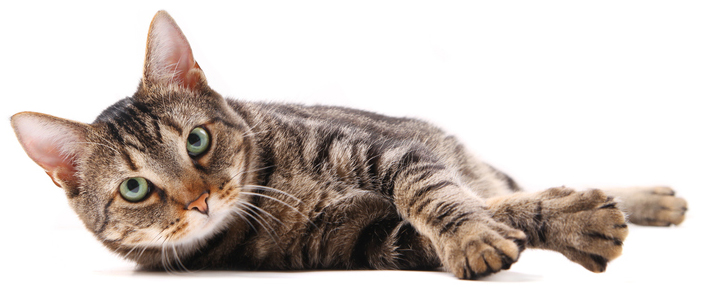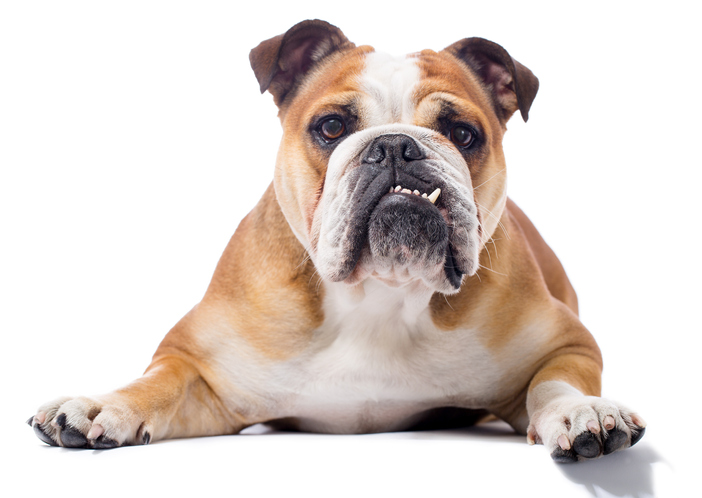How We Perform Cat and Dog Teeth Cleaning Procedures
Dogs and cats need professional teeth cleanings at regular intervals to effectively remove plaque and tartar from both above and below the gum line. Just think, people get their teeth cleaned every 6 months and we brush our teeth twice a day. When was the last time your dog brushed their teeth?
Much of the dental cleaning procedure and equipment we use in pets is identical to what you experience at your dentist’s office. However, our pets don’t quite say “ahh” and hold still in the way a person would, so we do have to put them under general anesthesia. This ensures we can protect their airway during the procedure, safely and thoroughly evaluate their mouth, clean all surfaces of the teeth appropriately, and perform any necessary dental treatments or extractions.
The cat and dog teeth cleaning process at our animal hospital follows these general steps:

First, we conduct an exam and blood work to make sure your pet is in good overall health, and can undergo general anesthesia safely.
Once your pet is under anesthesia, the veterinarian will perform a thorough examination of the mouth, probing all surfaces of the teeth to check for tooth damage, inflammation, and signs of infection.
A specially-trained veterinary professional will clean your pet’s teeth using an ultrasonic scaler designed to remove stubborn calculus and harmful bacteria on the tooth and under the gums, where it causes the most damage.
We will also polish your pet’s teeth so their surfaces are smooth and more resistant to plaque buildup going forward.
In some cases, and only following your approval, your veterinarian may need to extract infected or damaged teeth that cannot be saved. Pets who need extractions receive additional pain medication during and after their procedure.
Why You Should Brush Your Pet’s Teeth Daily
It’s easier to make daily teeth brushing a habit for your pet when you start them young. As we all know, brushing our teeth is how we keep plaque and tartar at bay to prevent cavities, gingivitis, and other oral health problems. With dogs and cats, the goal is the same. By brushing their teeth regularly, you reduce the buildup of plaque and tartar, prevent dental disease, and lengthen the amount of time between teeth cleaning procedures at our hospital.
For more on brushing and our other cat and dog teeth cleaning options, call (248) 689-8899!

